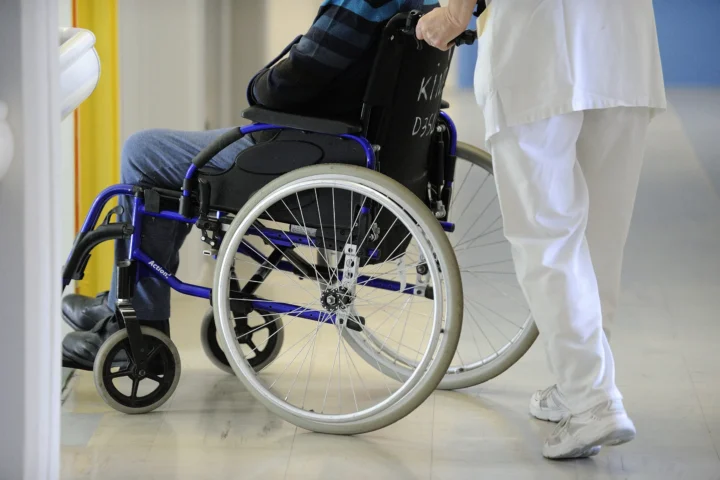Greek radio and television carried no news and internet portals did not update their websites on Wednesday, as journalists staged a mass walkout to protest low salaries against the backdrop of higher living costs.
Greece’s largest journalism union, the Journalists’ Union of Athens Daily Newspapers (ESIEA), on Tuesday announced a strike across all sectors of the media for 24 hours.
The action comes ahead of a day-long strike planned by the General Confederation of Workers of Greece (GSEE), in another day-long strike that is expected to cripple public transport.
Radio and television carried no news and internet news portals did not update their websites, with the strike called from 5 a.m. on Tuesday to 5 a.m. Wednesday.
What reasons did the union give?
The ESIEA said it was taking a stand against “anarchic working conditions and very low pay.”
It said the refusal of private sector employers to proceed to draw up collective labor agreements had “led the workers to be paid meager wages.”
Salaries, it said, were “not sufficient to cover their basic family and personal needs… which wipes out family incomes.”
The union said the low wages placed pressure on journalism and journalists, and ultimately on reliable and free information that it said was “a cornerstone of democratic functioning.”
Rising inflation has exacerbated the problem, with Athens weekly newspaper To Vima calculating that prices have risen by some 37% in the past two years.
Inflation in Greece is coming down, at 3.1% compared to 3.2% last month and 6.5% last year, but the hardship from previous mounting prices is still keenly felt.
“Not only media workers, but the whole of Greek society is experiencing a series of consecutive explosive increases, which create a suffocating situation for families who see their incomes and resources practically annihilated,” ESIEA said.
Wider action on Wednesday
The media strike takes place a day ahead of the GSEE 24-hour walkout, with the union demanding higher wages, a return to collective bargaining agreements and measures against rising cost of living.
The action is expected to mostly affect public transport, including trains and ferries, with worker participation in strikes within the sector “usually high to universal.”
Source: Dw








